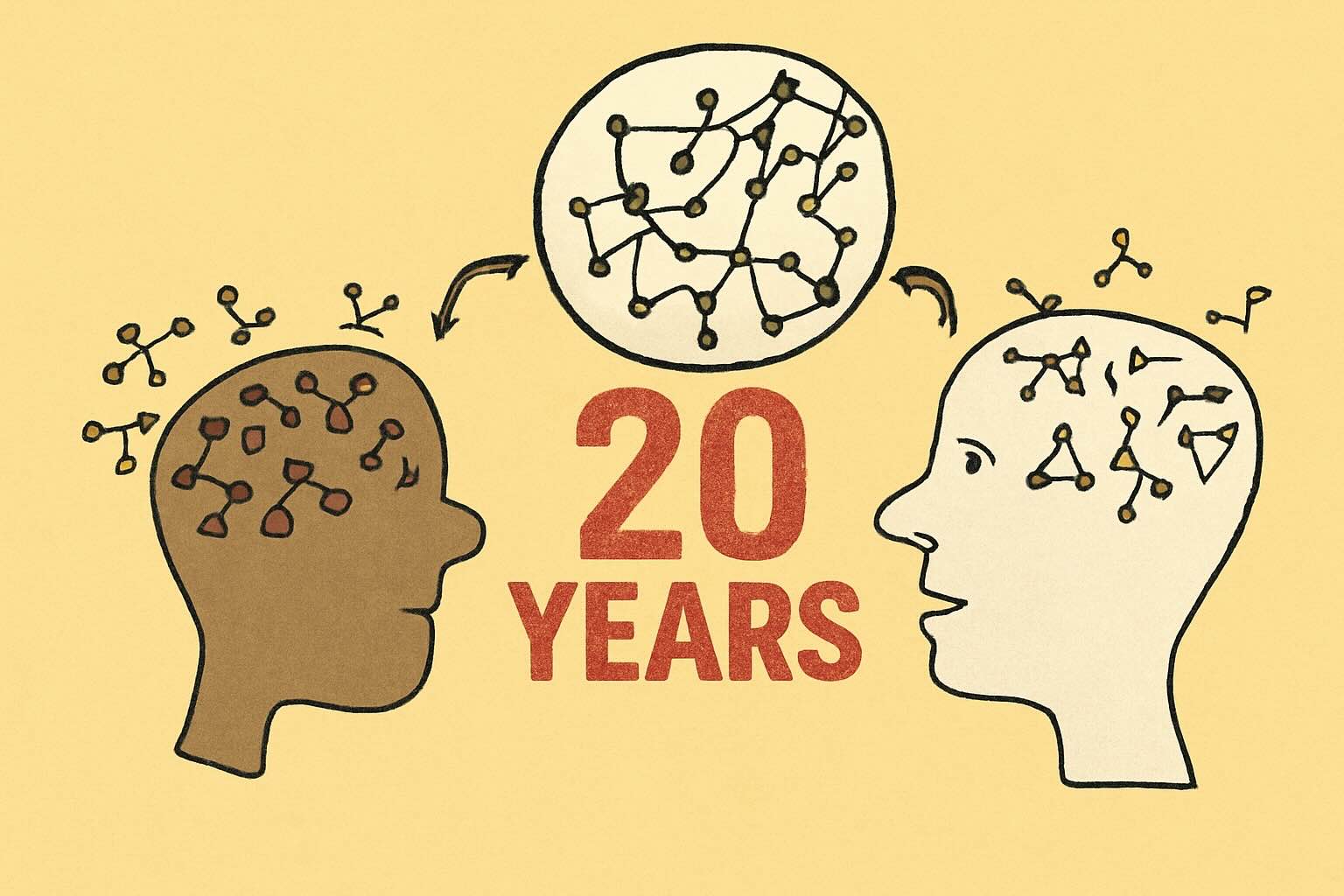LuxLogAI 2025 - 1-5 December 2025
The Luxembourg Logic & AI Summit LuxLogAI 2025 will take place 1-5 December 2025 at Neumunster Abbey in Luxembourg city. Subevents include LNGAI 2025 (Fifth International Workshop on Logics for New-Generation Artificial Intelligence), CALM 2025 (Causality, Agents and Large Models), ICR 20 Years (20th Anniversary of the Individual and Collective Reasoning Group), and more ...
About ICR
The Individual and Collective Reasoning Group (ICR) is an interdisciplinary research team at the University of Luxembourg which is driven by the insight that intelligent systems (like humans) are characterized not only by their individual reasoning capacity, but also by their social interaction potential. Its overarching goal is to develop and investigate comprehensive formal models and computational realizations of individual and collective reasoning and rationality.
ICR is anchored in the Lab for Intelligent and Adaptive Systems (ILIAS) of the Department of Computer Science (DCS), and involved in the Interdisciplinary Centre for Security, Reliability and Trust (SnT). The group, which is led by Leon van der Torre, currently counts more than 15 researchers and is strongly engaged in international cooperation.
Our areas are normative multi-agent systems, autonomous cognitive agents, computational social choice, and the foundations of logic-based knowledge representation and reasoning.
